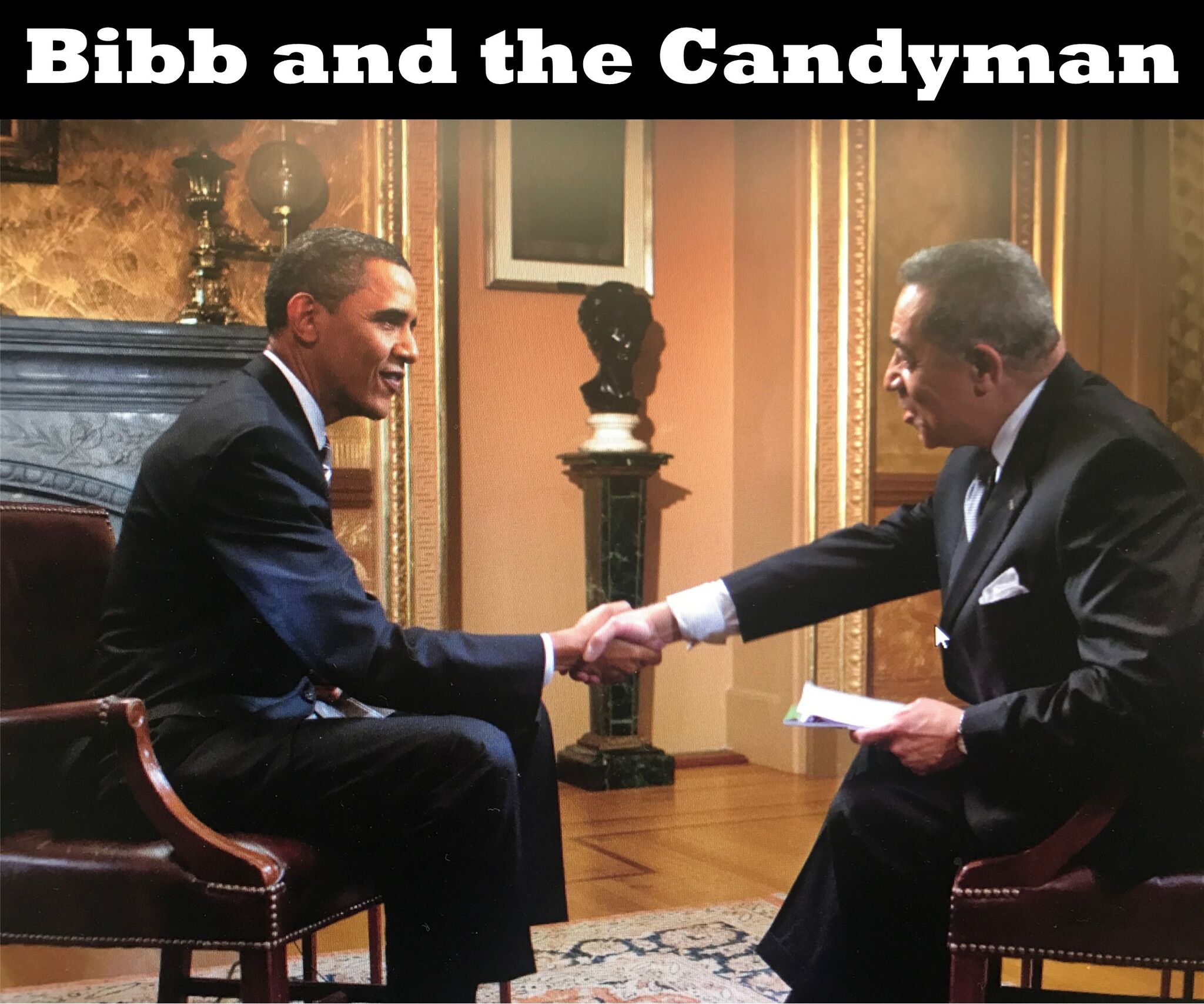THE STAGE 32 LOGLINES
Post your loglines. Get and give feedback.

BIBB AND THE CANDYMAN
By Thomas J Douglass
Two fraternity brothers and best friends choose radically different paths following college graduation, with one finding fame and fortune and the other finding life behind bars.
SYNOPSIS:
“Bibb and the Candyman” utilizes a banquet event with the Cleveland Cavaliers, at which Leon Bibb was being honored for his contribution to black history, as a narrative device to contrast his life story with that of Ralph Canady, one of his closest college friends. Bibb’s invitation to the event was by virtue of his illustrious career as a television news anchor, one of the first black Americans to anchor the primetime news in a major U.S. market.
As young adults, Leon and Ralph led remarkably parallel lives. They met during their freshman years in college at Bowling Green State University and became fraternity brothers and roommates. During those early years, as two young black men attending a nearly all-white university, they shared similar values regarding life, politics, society, integration and their aspirations for the future.
But it was a turbulent time in American history. The civil rights movement was gaining momentum. Martin Luther King and the Southern Christian Leadership Conference were finally making some meaningful progress, including the passage of the 1964 Civil Rights Act and the 1965 Voting Rights Act. And disagreements over the Viet Nam War had splintered the nation and divided the generations.
There were also some loud, radical voices within the black community who were frustrated by the slow progress of civil rights, who didn’t think blacks would ever achieve an equal role in American society through non-violent protests and tactics.
One of those voices was Stokely Carmichael. Carmichael initiated the black power movement and urged young black people to adopt a more confrontational and violent approach in order to achieve social equity for black people.
After graduation from Bowling Green, Leon Bibb remained on the course of integration he originally charted for himself. He served in the United States Army in the Viet Nam War, earning the Bronze Star for meritorious service. When he returned to the United States, he was admitted to the BGSU graduate school, where he sought a master’s degree in broadcast communications.
After graduate school, Leon worked as a television news reporter, and over the course of the next few decades, as a result of his talent and hard work, he became a hall of fame broadcaster, one of the first African Americans to anchor the primetime news in a major U.S. market. He’s been honored for his achievements with a host of awards, including seven Emmys.
Ralph Canady, on the other hand, after graduating from Bowling Green, became a disciple of Stokely Carmichael, embraced the black power philosophy and joined the Black Panther Party. He believed that violence was the only means by which the black race would ever achieve equality in American society. Ralph participated in the Nashville riots of 1967.
In December, 1968, in Nashville, Tennessee, Ralph Canady and one of his Black Panther cohorts killed two Nashville Police officers during a confrontation. Ralph was tried and convicted, and sentenced to a 99-year prison sentence.
Ralph and two of his crime partners, after serving six years of their sentences, managed to escape from a Tennessee State Prison disguised as women. Ralph remained free for twelve years, eventually settling in Baltimore where he formed a family with a woman, fathered three children and led an exemplary life.
His identity was ultimately discovered by Baltimore Police and he was arrested. Before being extradited back to Tennessee to serve out the remainder of his sentence, Ralph Canady committed suicide in a Baltimore jail cell.
“Bibb and the Candyman” explores the contrast between the lives of these two men. Ralph Canady adopted the philosophy of Stokely Carmichael, the prophet of violence and destruction. His life became a life of hatred and violence, eventually culminating in tragedy.
Leon Bibb adopted the philosophy of Martin Luther King, the prophet of non-violence and integration, the ‘Moses’ of his people. Leon became a beloved icon for his race and for all of the citizens of the State of Ohio.
“Bibb and the Candyman” uses these two contrasting lives to reflect on the larger, universal issues of violence and non-violence, and how the two approaches have been used historically to further political causes and ends. Violence has been proven to be an effective tactic for pushing short-term political objectives but it does not engender systemic harmony and cooperation. Non-violence rooted in brotherly love, on the other hand, does serve to establish enduring social change, integration and reform.


Rated this logline